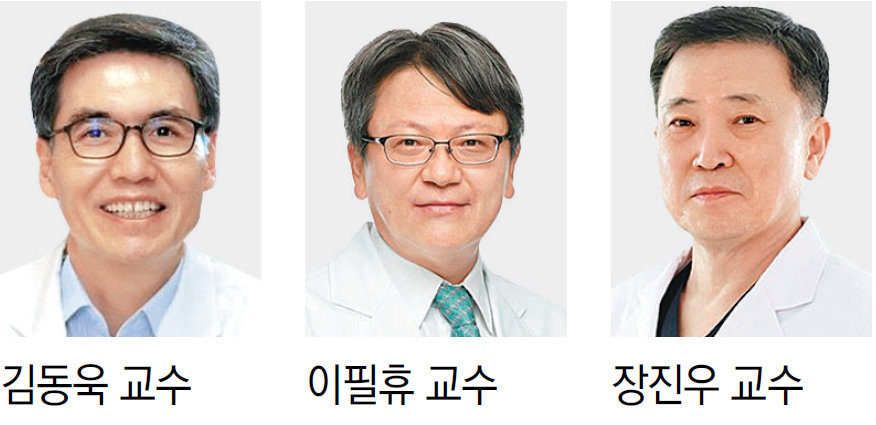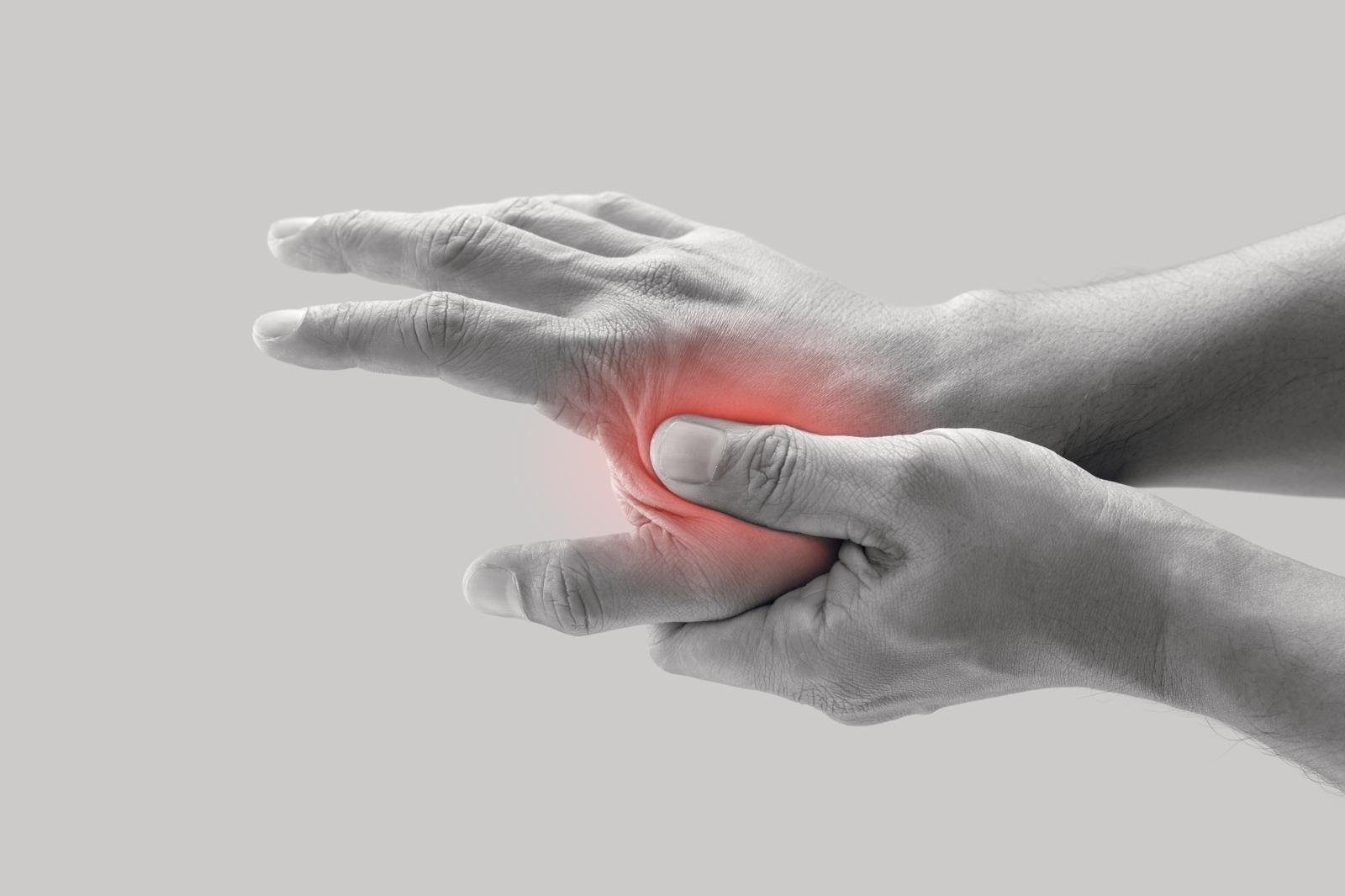
Medical / Regenerative Medicine
"Stem Cell Therapy for Parkinson's Developed in Korea"
Dong-A Ilbo |
Updated 2025.10.14
Domestic research team utilizes embryonic stem cells
Trials on patients unresponsive to existing treatments
High-dose group shows an average 43% symptom improvement
Conducts orchestra and plays badminton
Trials on patients unresponsive to existing treatments
High-dose group shows an average 43% symptom improvement
Conducts orchestra and plays badminton
Professors Kim Dong-wook from the Department of Physiology at Yonsei University College of Medicine, Lee Pil-hyu from the Department of Neurology at Yonsei University Severance Hospital, and Jang Jin-woo from the Department of Neurosurgery at Korea University Anam Hospital published the results of Phase 1 and 2 clinical trials of the embryonic stem cell-derived Parkinson's disease treatment in the October 14 issue of the international journal 'Cell.' 'Cell' is known as one of the world's top three academic journals, along with 'Nature' and 'Science.'
The treatment used in the clinical trial by the research team is a dopamine cell therapy derived from human embryonic stem cells. Parkinson's disease is a degenerative brain disorder that occurs when nerve cells that produce the neurotransmitter dopamine are lost. Symptoms such as reduced motor function begin to appear when about 60-70% of dopamine cells die. Currently, medications like levodopa, a dopamine formulation (a drug that regulates dopamine secretion), are used, but long-term use can cause side effects and is limited to delaying symptoms rather than improving them.
Getty Images
In contrast, transplanting dopamine nerve cells derived from human embryonic stem cells can continuously produce dopamine, making fundamental treatment possible. The research team conducted clinical trials on 12 patients who had been diagnosed with Parkinson's disease for more than five years and showed side effects from existing drug treatments. After transplanting dopamine nerve cells into the brain and conducting a one-year follow-up observation, symptoms improved by an average of 43.1% in the high-dose group and 27.8% in the low-dose group. The 'Hoehn and Yahr scale,' which classifies Parkinson's disease symptoms by severity, was used for evaluation. Brain imaging results also showed that the transplanted dopamine nerve cells were well engrafted.Among the clinical participants, there was a case where a patient who had stopped conducting an orchestra due to Parkinson's disease was able to conduct again after participating in the clinical trial.
This research was conducted at Yonsei University Severance Hospital, with Professor Kim Dong-wook, the corresponding author of the study, also participating as the Chief Technology Officer (CTO) of S-Biomedics. The research team plans to proceed to Phase 3 clinical trials based on these clinical results.
Choi Ji-won
AI-translated with ChatGPT. Provided as is; original Korean text prevails.
ⓒ dongA.com. All rights reserved. Reproduction, redistribution, or use for AI training prohibited.
Popular News












